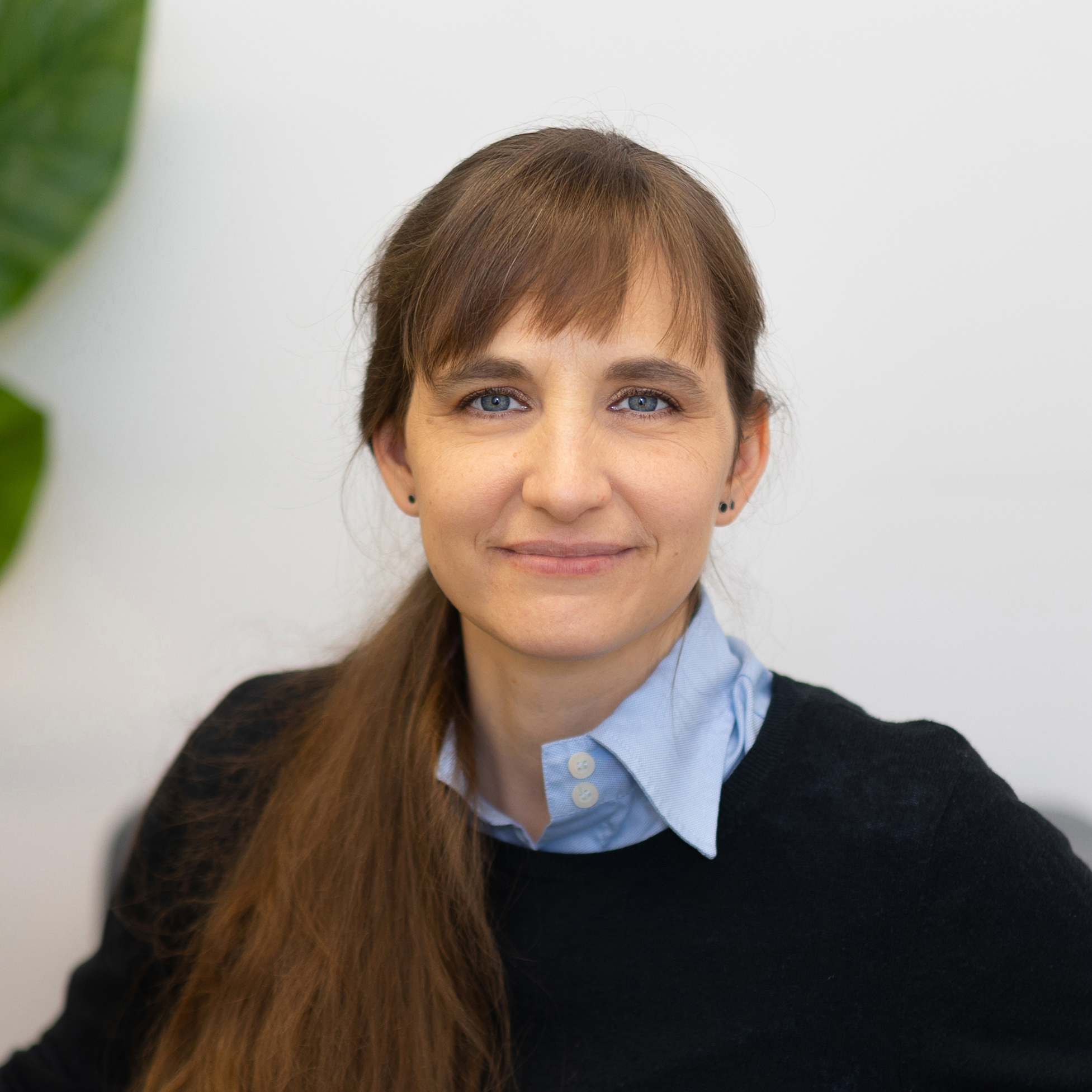Lisa Horn
University of Vienna, Department of Behavioral and Cognitive Biology
| lisa.horn[at]univie.ac.at | |
| Website | https://cogbio.univie.ac.at/people/postdoctoral-researchers/lisa-horn/ |
| Project Name | Do social relationships affect preschoolers´ prosociality? |
| Field of research | Comparative Behavioral Research |
| Keywords | Social Cognition | Prosocial Behavior | Relationships | Species Comparisons |
Lisa Horn is a comparative behavioral scientist, who investigates social cognition in humans and non-human animals, with a focus on prosocial behavior, social bonding, and behavioral coordination. She has an interdisciplinary background, having studied Zoology at the University of Vienna and Psychology at the University of Western Australia in Perth. Research stays took her to the Max Planck Institute for Evolutionary Anthropology in Leipzig, the University of Milan, the Hungarian Academy of Sciences, and the Eötvös Lórand University in Budapest. She has received multiple project grants and awards from national and international funding organizations (European Science Foundation, Austrian Science Fund, Austrian Academy of Sciences, University of Vienna) and is a member of the Editorial Board of the research section Comparative Psychology in the journal Frontiers in Psychology.
Lisa Horn has investigated social cognition in a broad range of model species, ranging from ravens, crows, and magpies to pet dogs and humans. Since 2017, she investigates child behavior ‘in the field’, by visiting daycare facilities and schools and studying children’s behavior under naturalistic conditions. In 2021, she was awarded an Elise Richter project grant in which she uses cutting-edge technology (e.g., wearable sensors, AI-supported motion tracking) to investigate individual variation in children’s prosocial tendencies depending on their position in the social network and the identity of their interaction partners. Lisa Horn is an avid teacher and science communicator. She has been teaching at the Faculty of Life Sciences and the Faculty of Psychology at the University of Vienna for many years and communicates science to the general public and pedagogical interest groups, such as the Pedagogical College Vienna, the Austrian Society for Research and Development in Education, and various childcare organizations.
